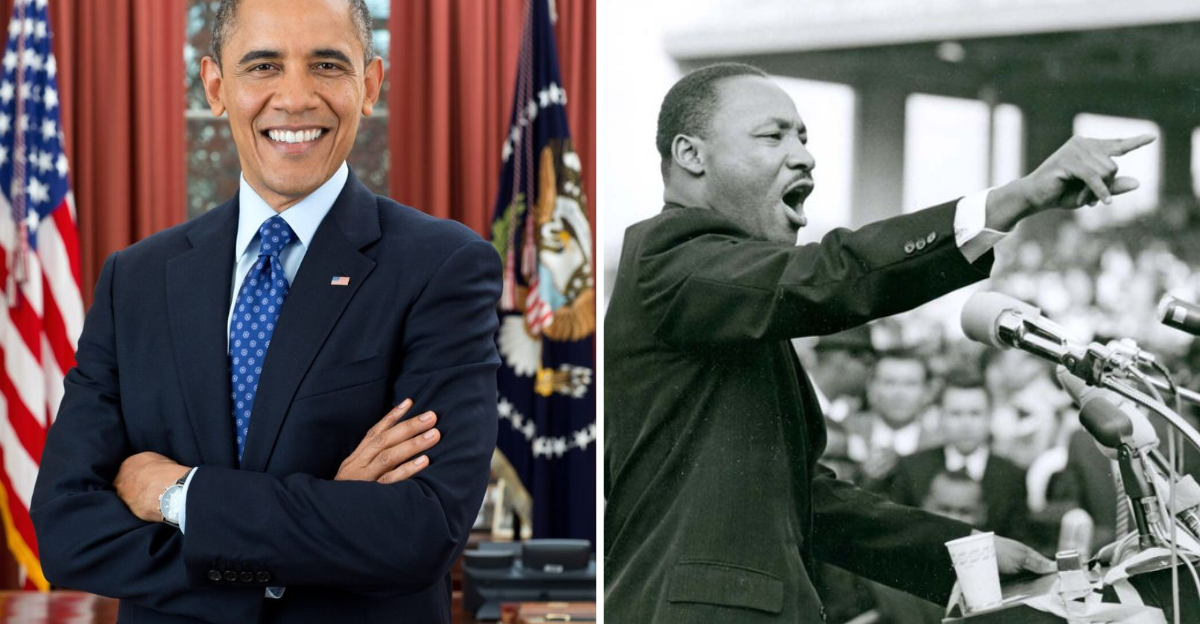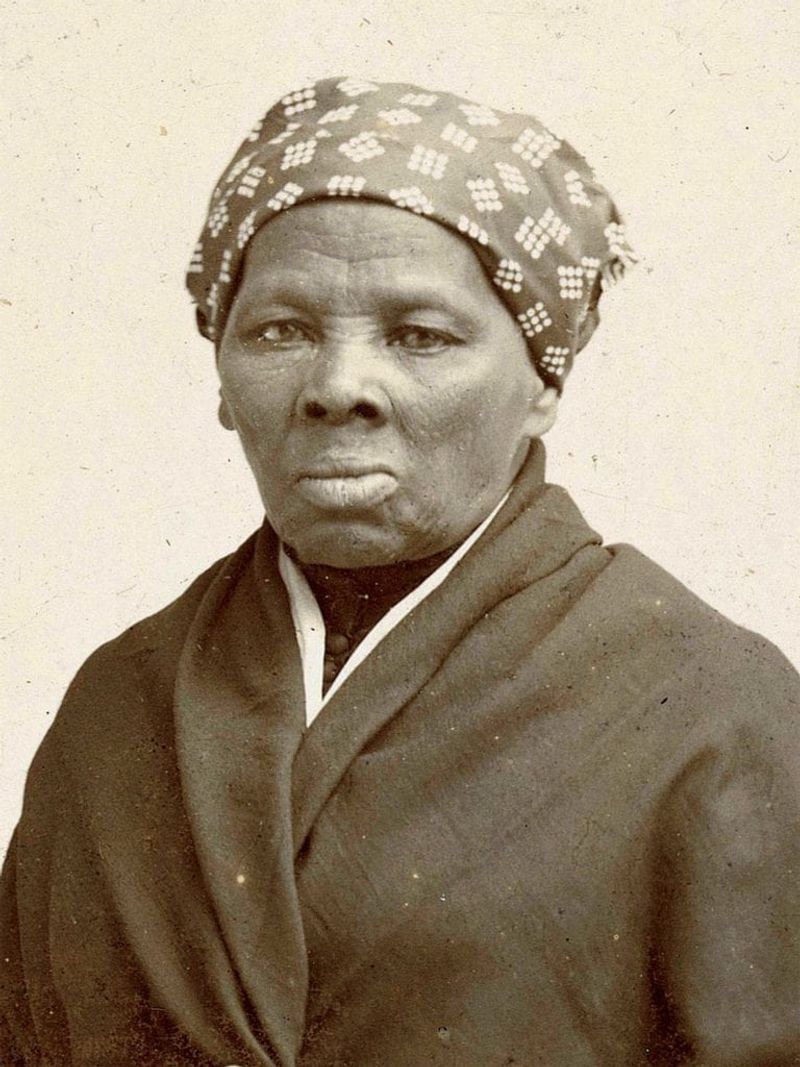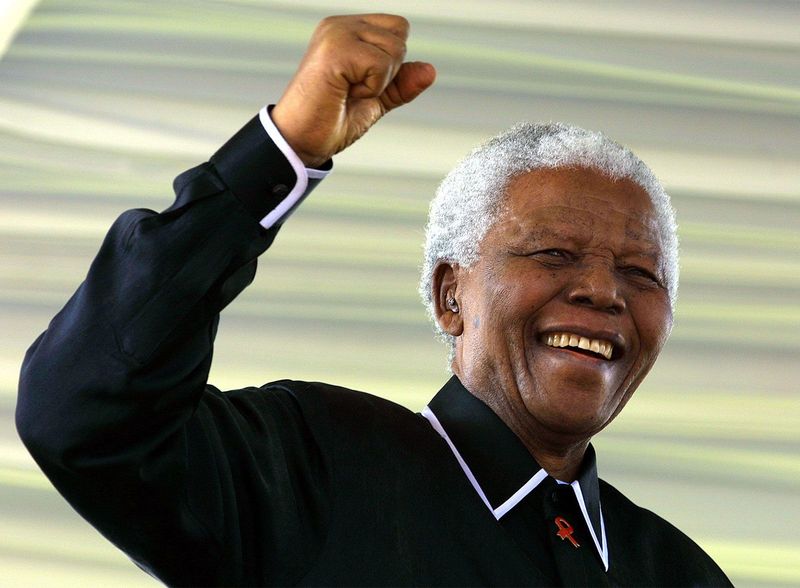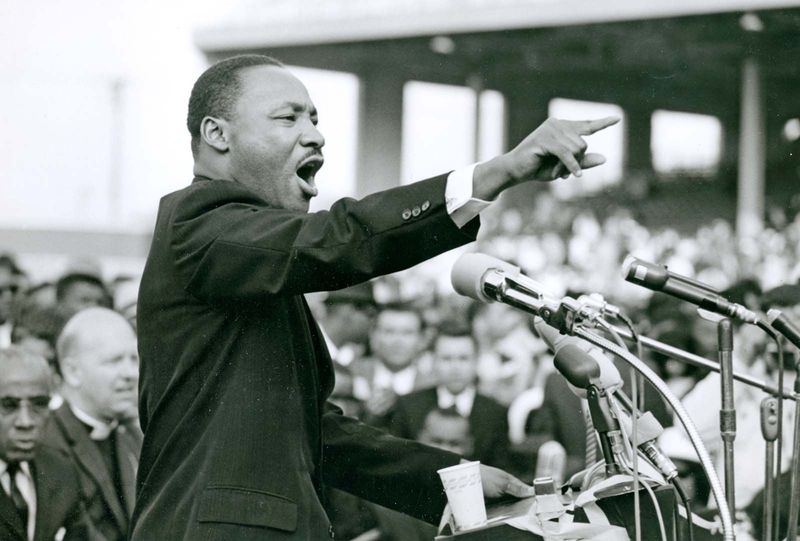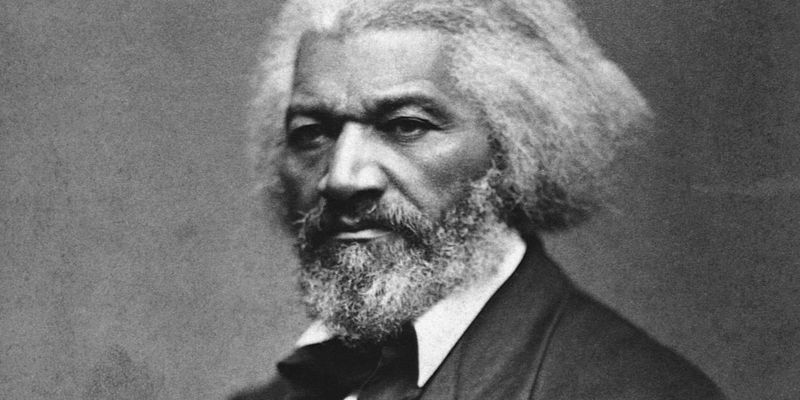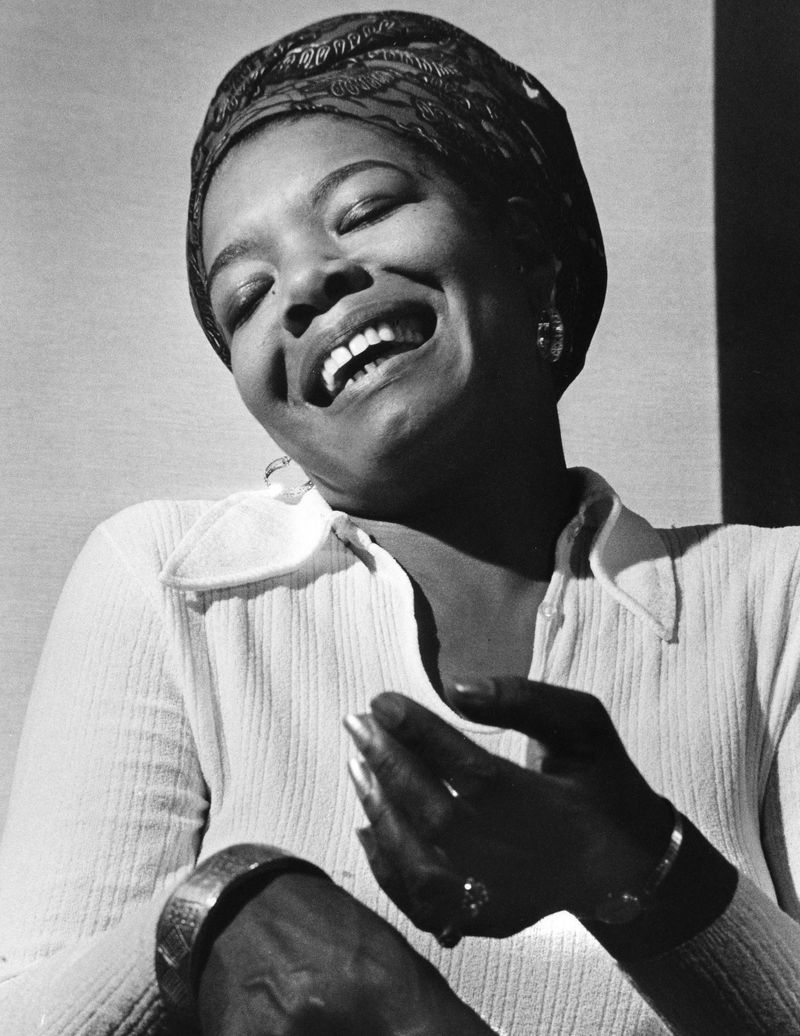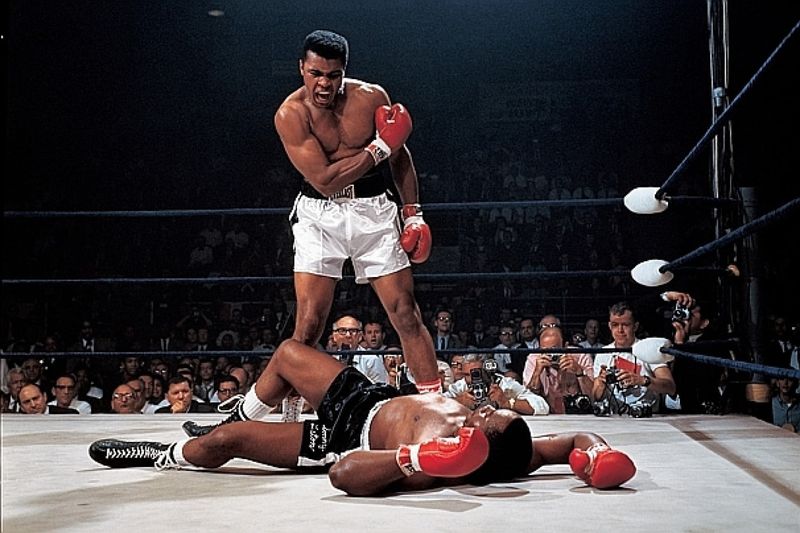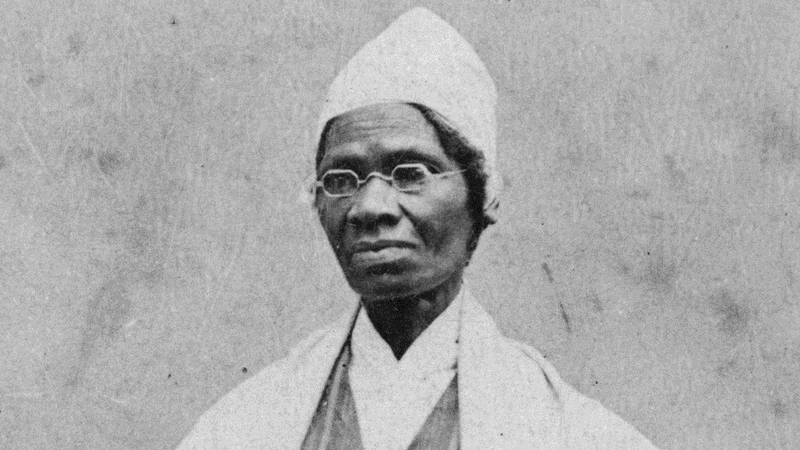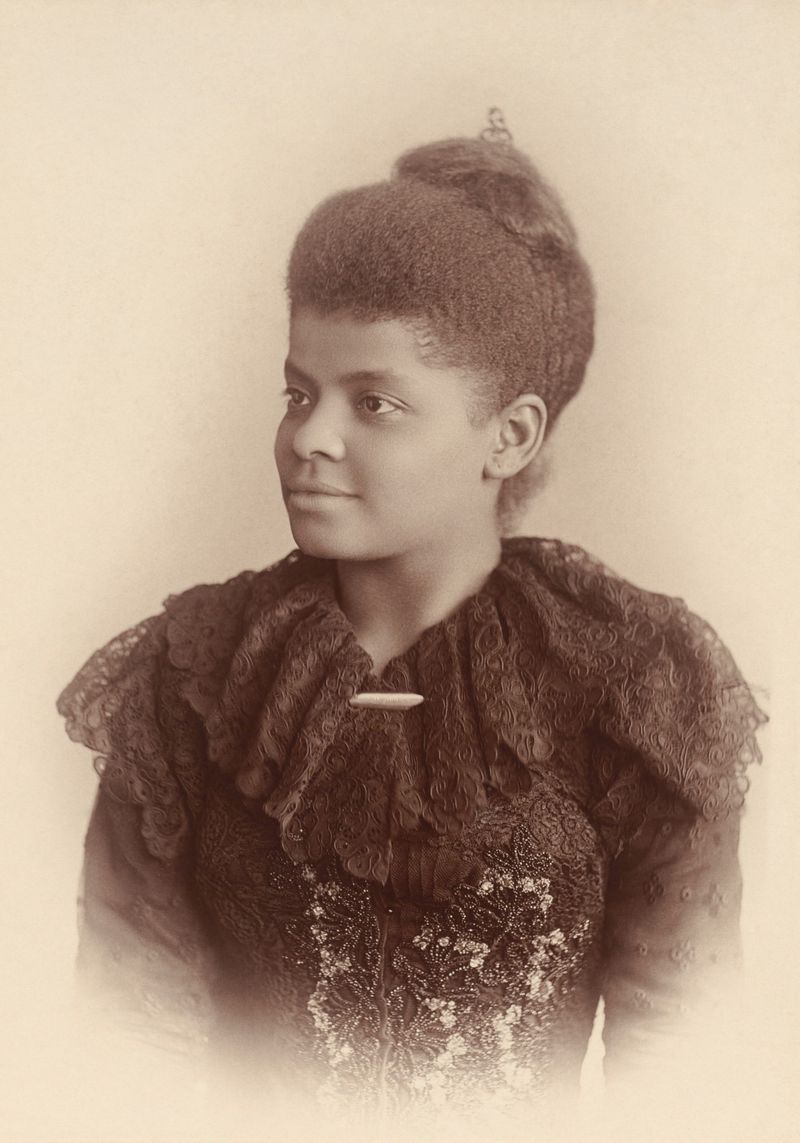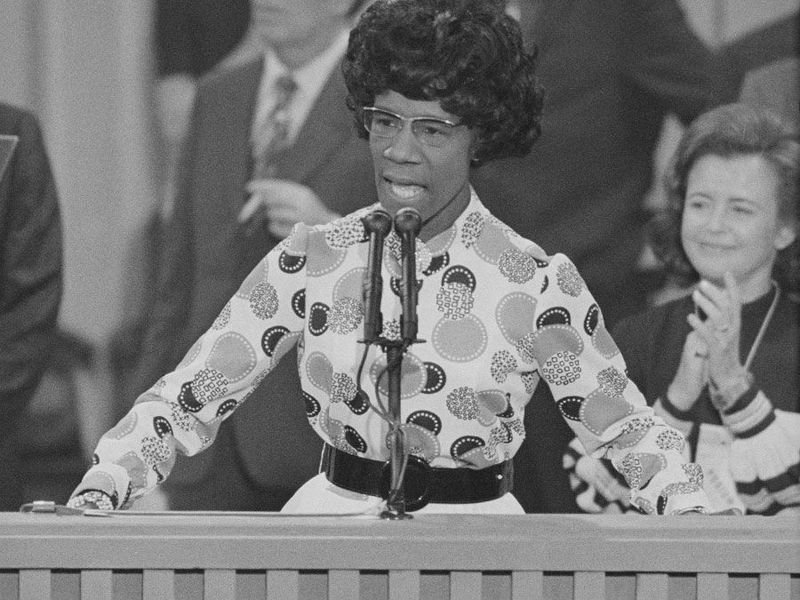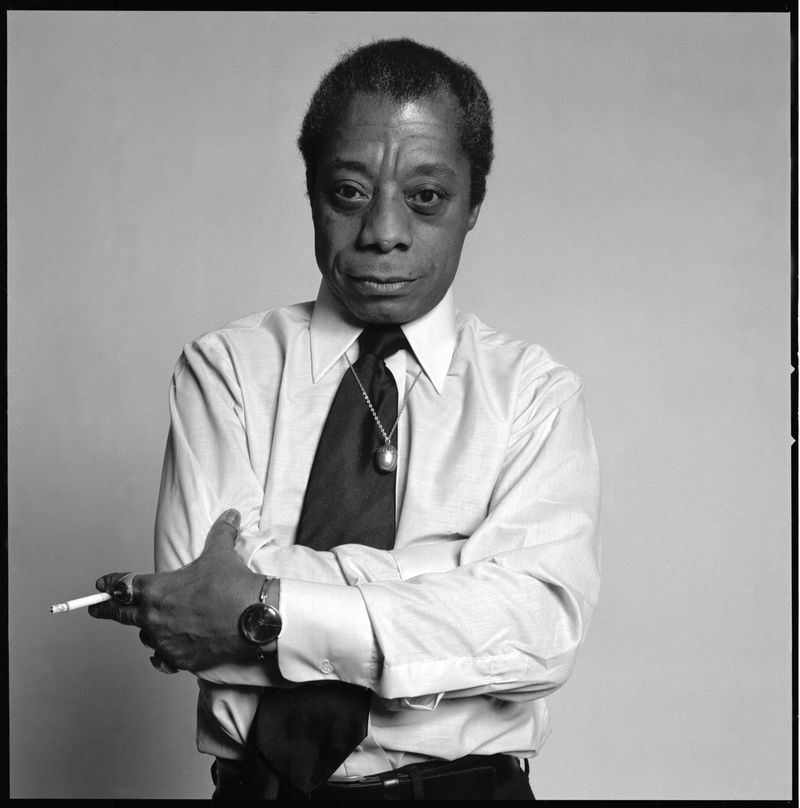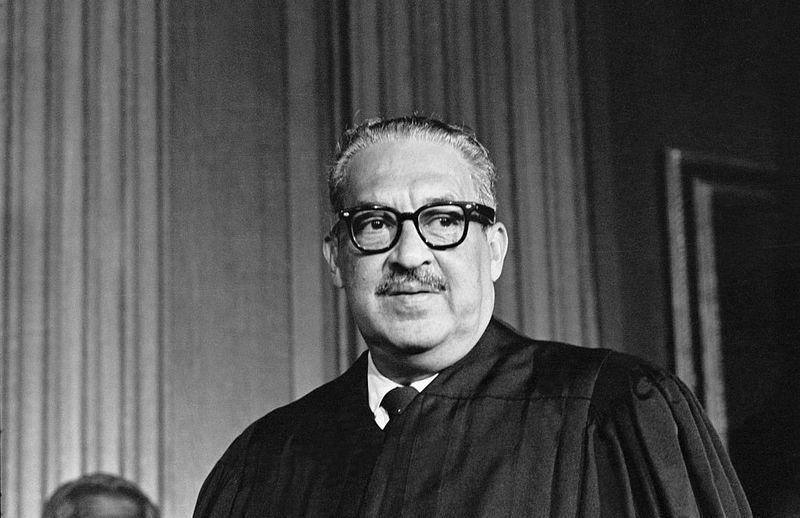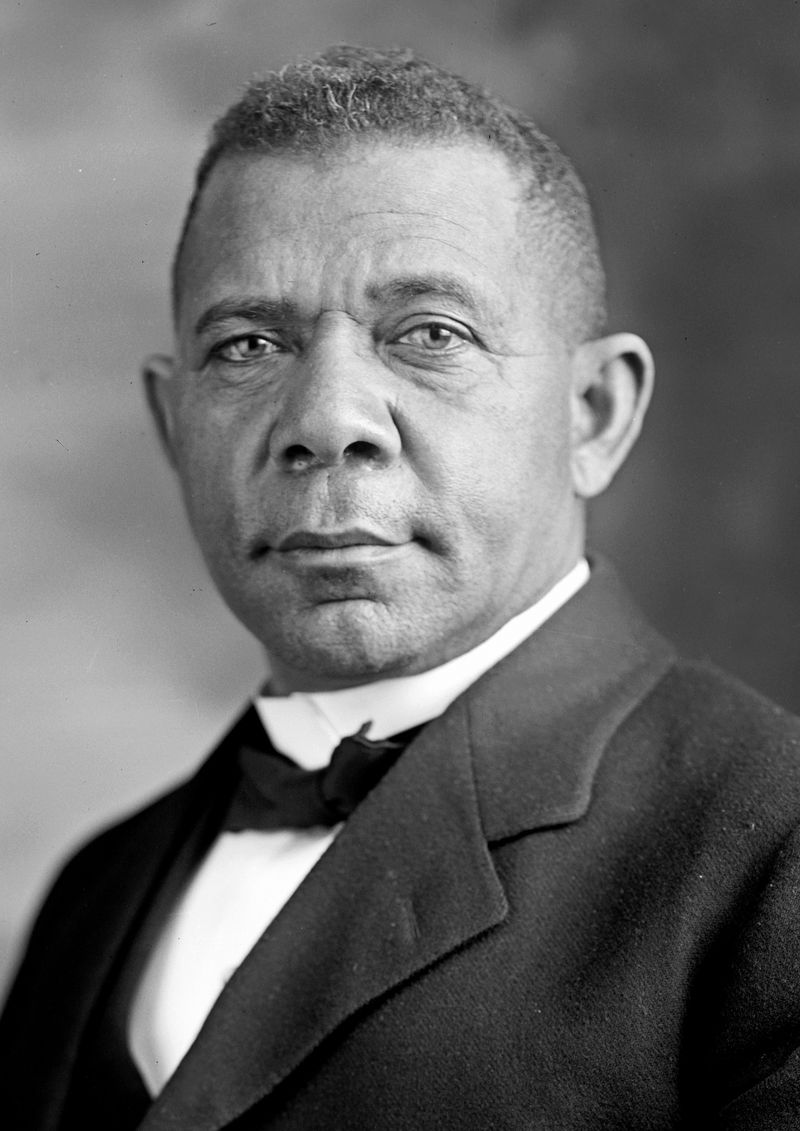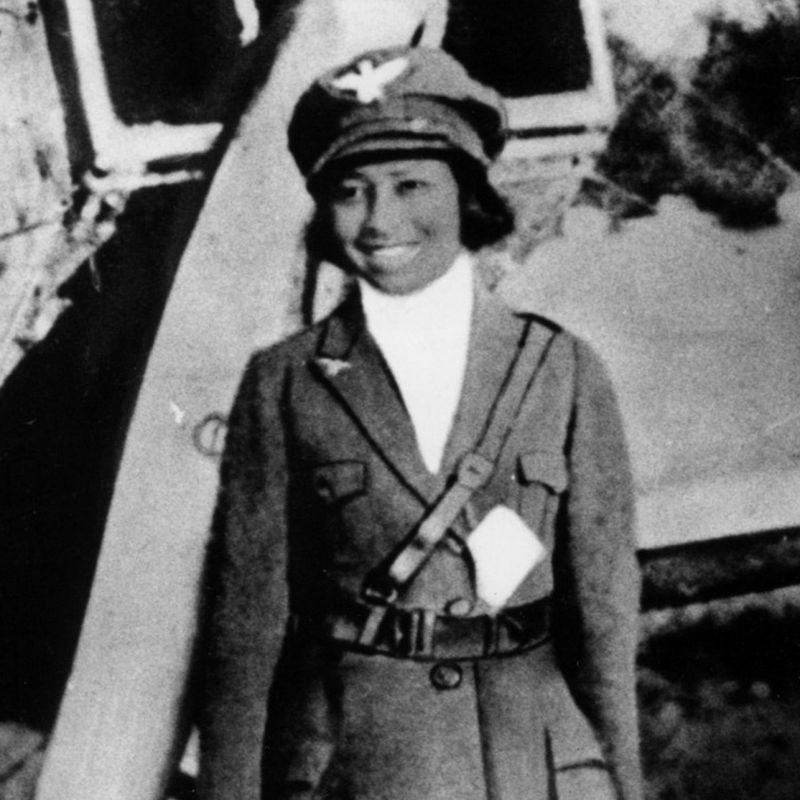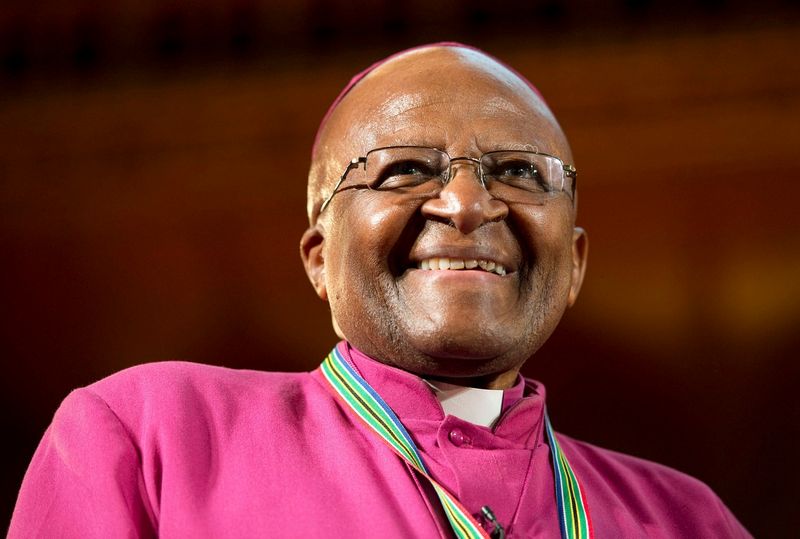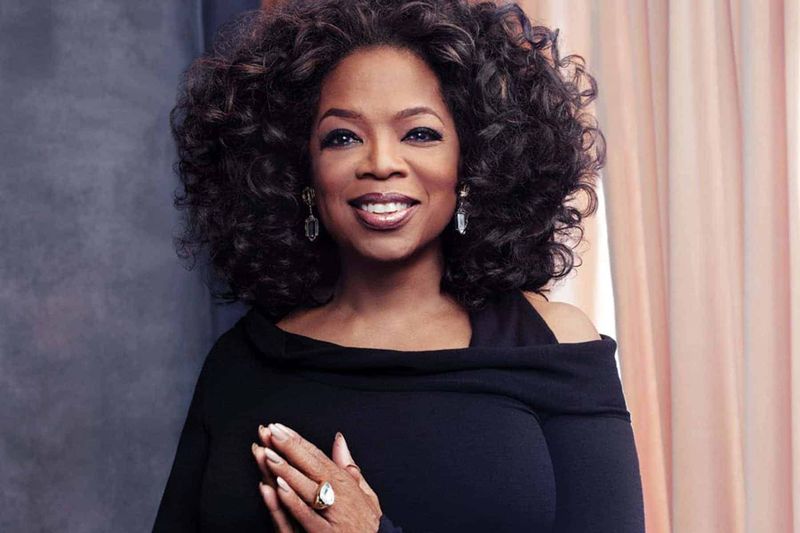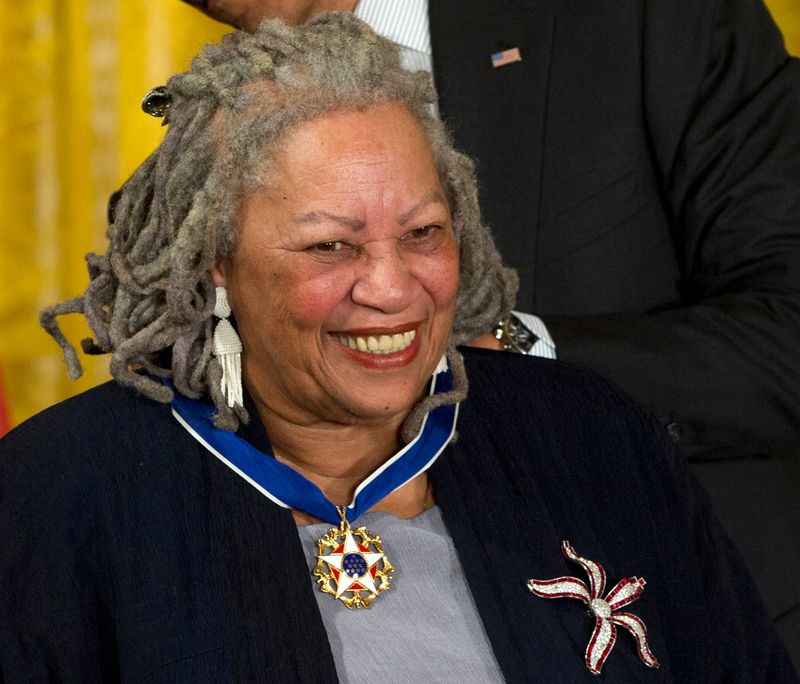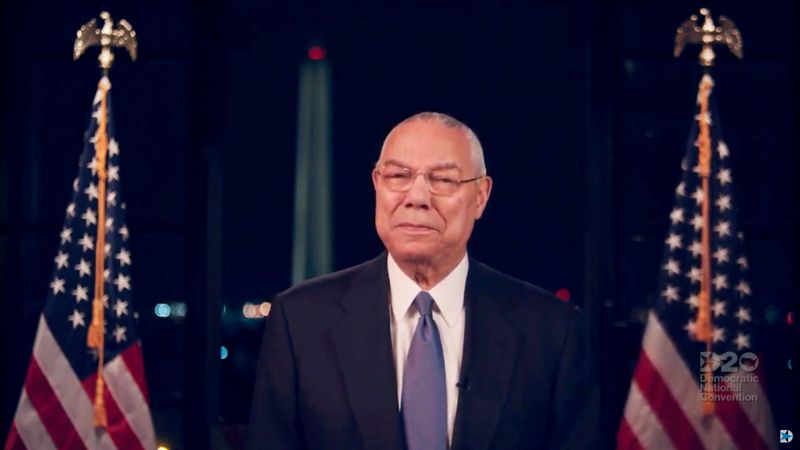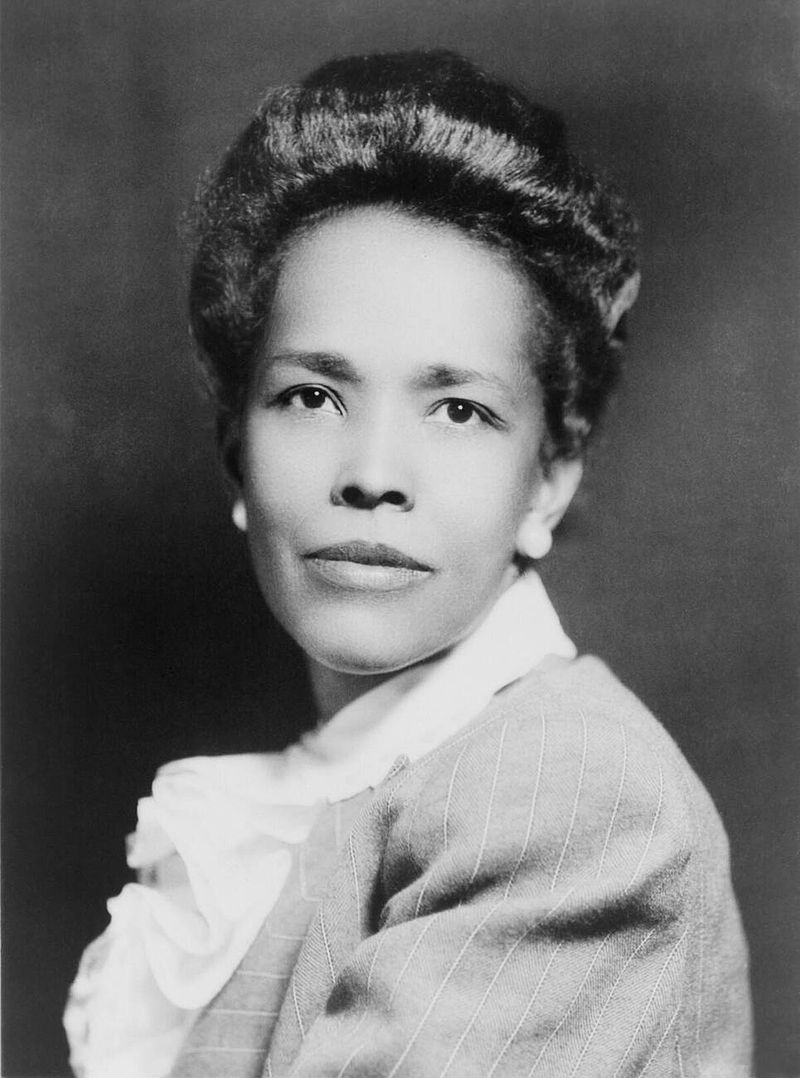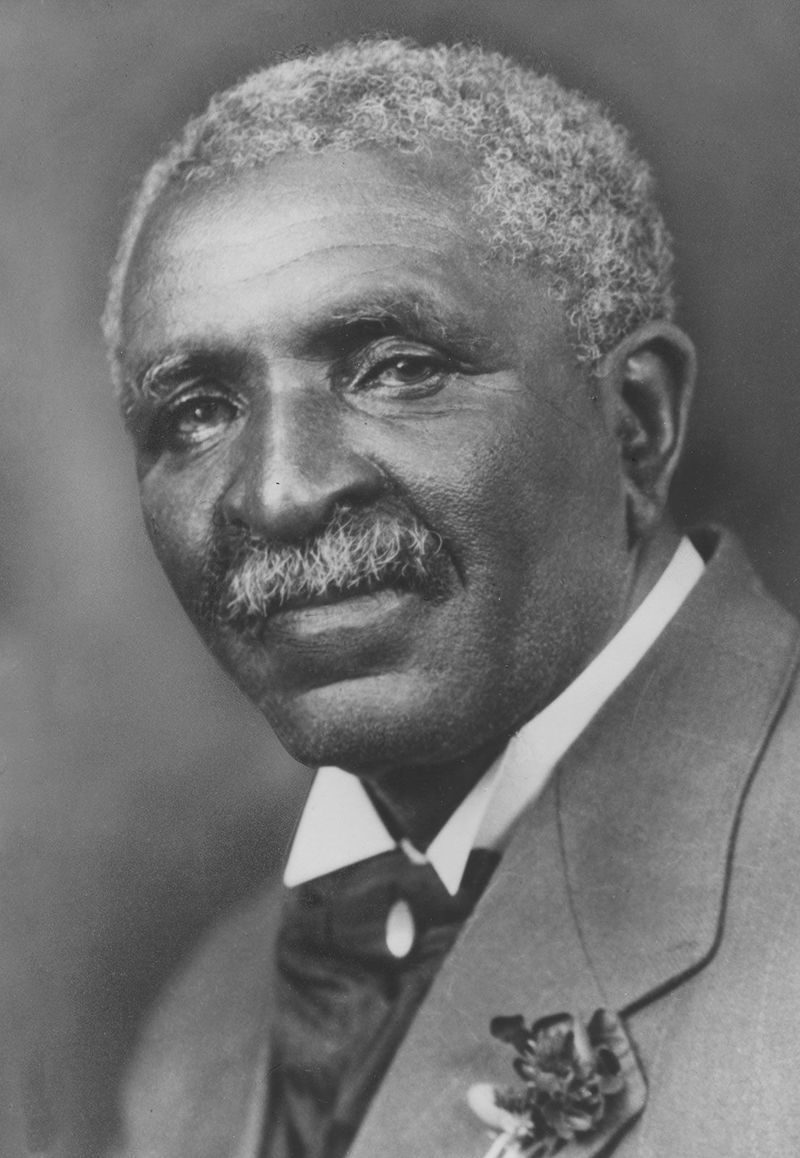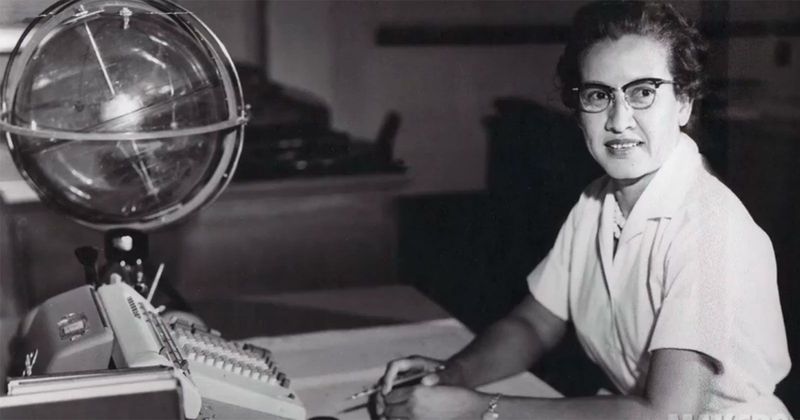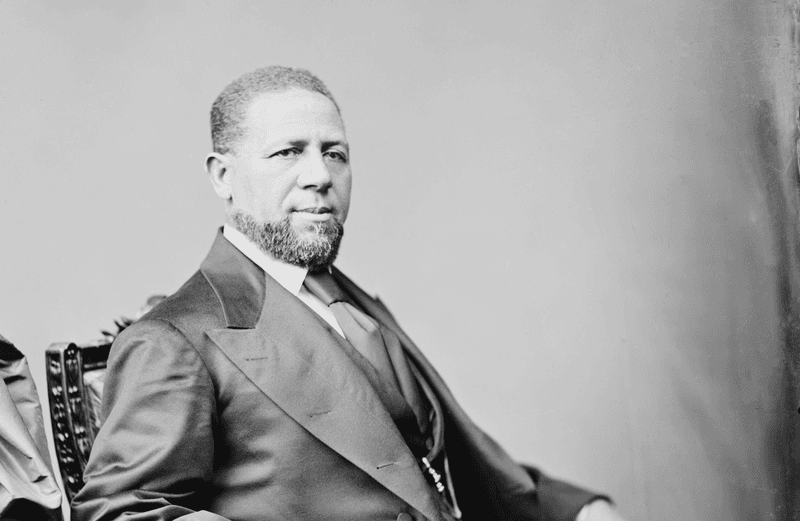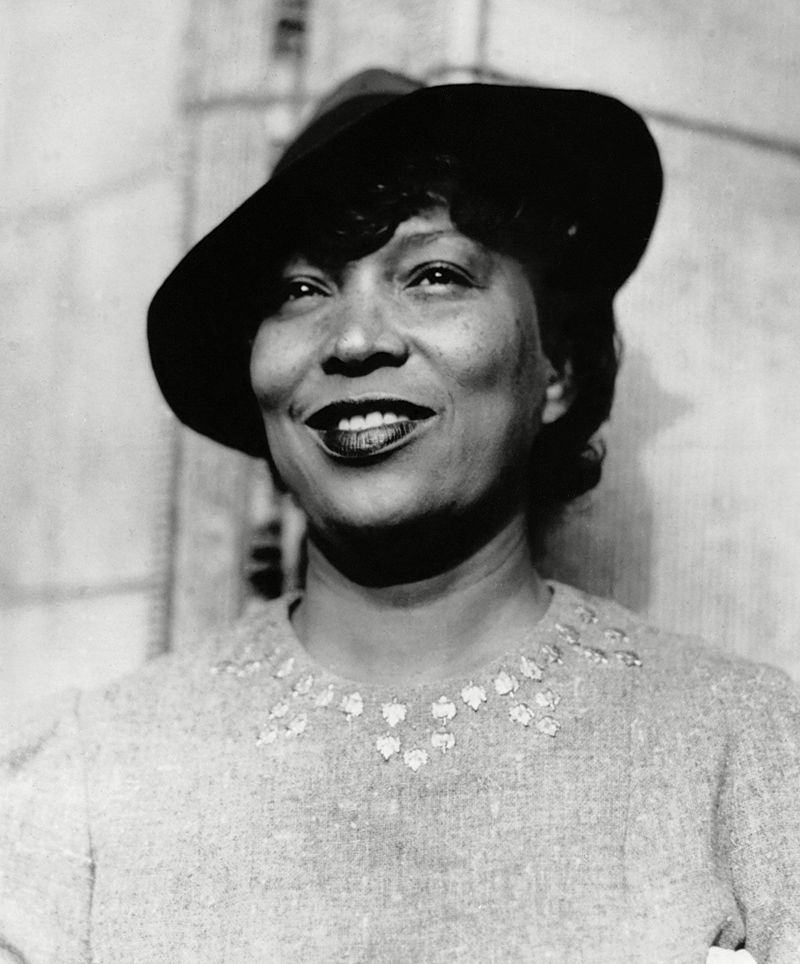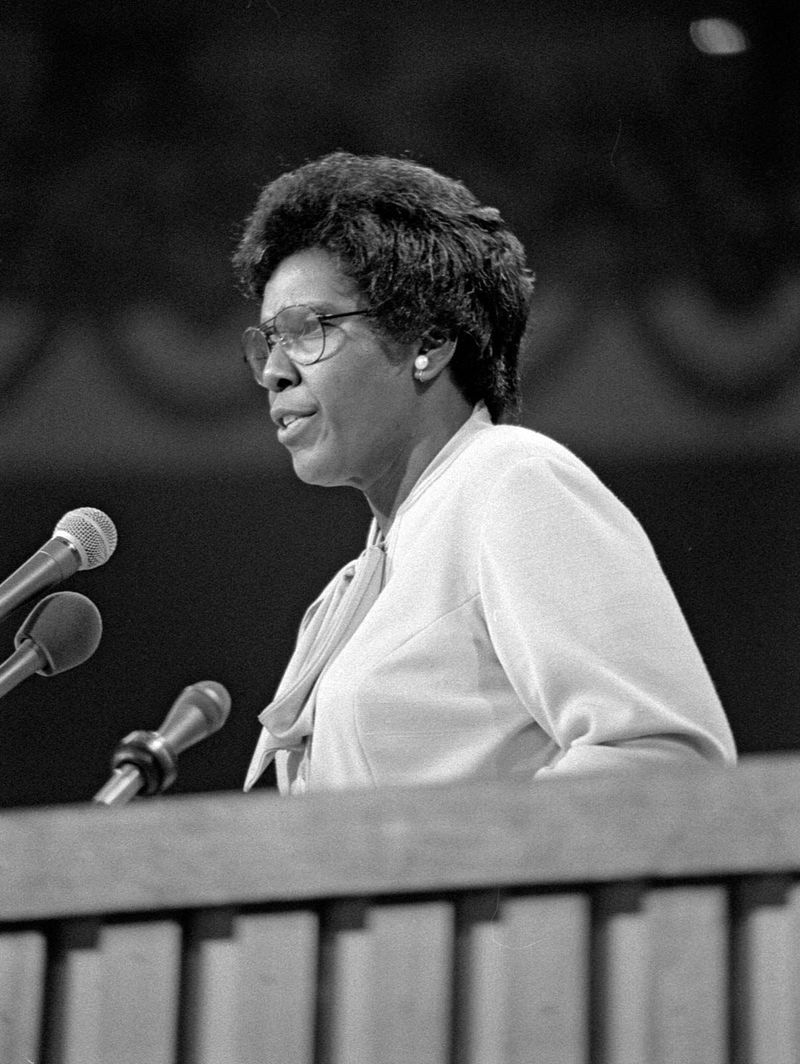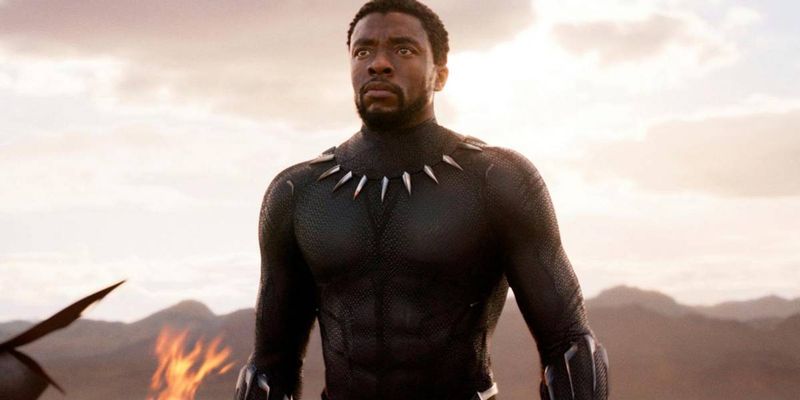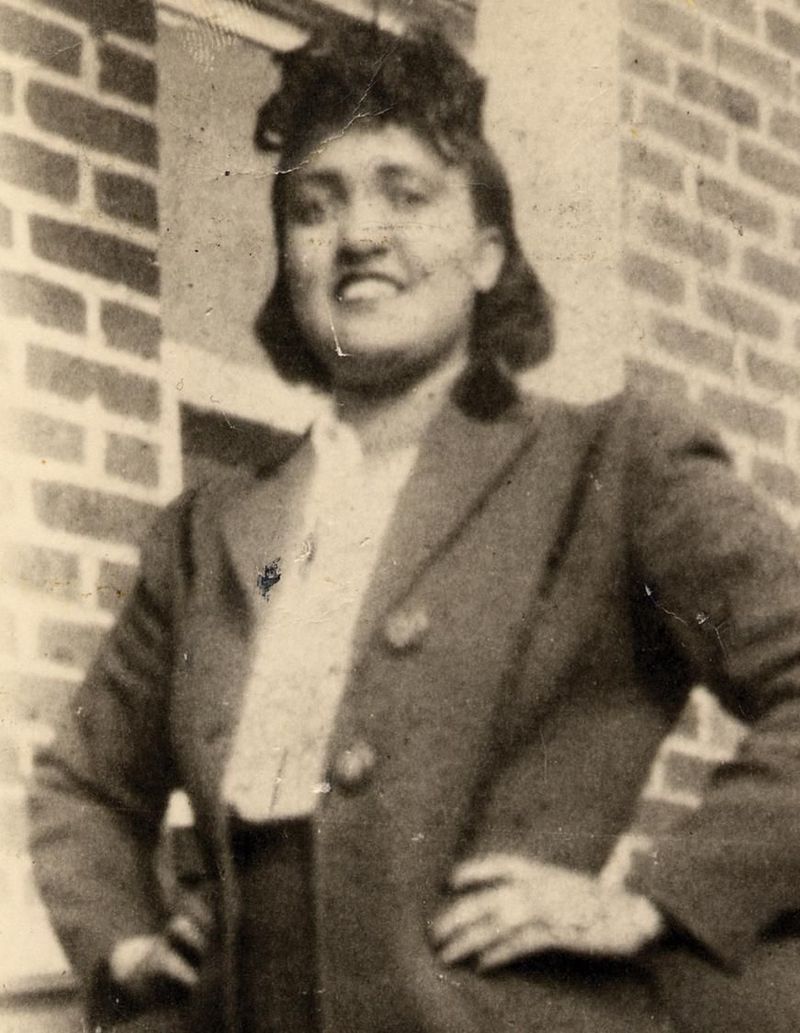From revolutionaries and inventors to artists, athletes, and world leaders, Black individuals have shaped the course of history across every field imaginable. Their courage, vision, and impact continue to inspire generations and pave the way for social justice, innovation, and cultural richness. Here are 30 of the most influential Black figures in history — people whose legacies transcend time and borders.
1. Harriet Tubman
Born into slavery, Harriet Tubman’s escape was just the beginning of her heroic journey. Leading over 70 enslaved people to freedom via the Underground Railroad, she was known as “Moses” for her fearless and cunning guidance. Tubman’s strategic brilliance was not limited to her rescue missions; during the Civil War, she also served as a spy and nurse. Her indomitable spirit wasn’t confined to liberation alone; it encompassed women’s suffrage efforts, making her a beacon of hope and change.
2. Nelson Mandela
Nelson Mandela’s life is a testament to resilience and reconciliation. Imprisoned for 27 years due to his anti-apartheid activism, Mandela emerged unbroken, leading South Africa through a peaceful transition to democracy. Awarded the Nobel Peace Prize, his presidency inspired a nation and the world to seek unity over division. Mandela’s spirit of forgiveness and enduring optimism continues to serve as a guiding light for those fighting for freedom and equality across the globe.
3. Martin Luther King Jr.
“I have a dream.” These words immortalized Martin Luther King Jr. in the annals of history. As a charismatic advocate for civil rights, he led the charge for racial equality in the United States during the 1960s. His unwavering commitment to nonviolent protest inspired countless individuals and earned him the Nobel Peace Prize in 1964. His leadership during the Montgomery Bus Boycott and the March on Washington were pivotal moments in the Civil Rights Movement. King’s legacy of peaceful resistance continues to inspire today.
4. Rosa Parks
With quiet dignity, Rosa Parks ignited the spark that fueled the Civil Rights Movement. Her refusal to surrender her bus seat to a white passenger in Montgomery, Alabama, became a powerful symbol of defiance against racial segregation. This act of courage led to the Montgomery Bus Boycott, a seminal event that galvanized the fight against racial injustice. Parks’ legacy as a mother of the movement endures, reminding us of the power one individual holds to instigate profound change.
5. Barack Obama
Barack Obama made history by shattering racial barriers when he became the first Black president of the United States in 2008. His presidency symbolized hope and change for millions worldwide. Beyond his diplomatic achievements, such as the Affordable Care Act and the Paris Agreement, Obama’s charisma and eloquence inspired a new generation of leaders. His journey from community organizer to the Oval Office remains a potent symbol of perseverance and possibility in American politics.
6. Malcolm X
Fiery and formidable, Malcolm X’s eloquence and advocacy for Black empowerment captured the imagination of many. As a prominent figure in the Nation of Islam, he championed self-defense and racial pride against systemic oppression. His pilgrimage to Mecca transformed his perspective, embracing a more inclusive approach to civil rights. Though his life was tragically cut short, Malcolm X’s legacy of challenging injustice and advocating for Black dignity continues to resonate with those striving for equality.
7. Frederick Douglass
Born into slavery, Frederick Douglass’s escape to freedom ignited his passion for abolitionism. A brilliant orator and writer, Douglass wielded his pen and voice against the horrors of slavery. His autobiographies offered a powerful insight into the struggles faced by Black Americans. As a key advisor to President Lincoln, Douglass played a crucial role in shaping the abolitionist movement. His tireless advocacy for equality and justice remains an enduring inspiration to those fighting for freedom.
8. Maya Angelou
Maya Angelou’s lyrical mastery transformed pain into beauty. Through her seminal work, “I Know Why the Caged Bird Sings,” Angelou gave voice to the struggles and triumphs of Black womanhood. Her poignant storytelling and poetry resonated globally, earning her acclaim as a cultural icon. Beyond her literary contributions, Angelou’s activism and mentoring of young artists underscored her commitment to social justice. Her legacy as a beacon of resilience and grace continues to inspire new generations.
9. W.E.B. Du Bois
A pioneer in sociology and civil rights, W.E.B. Du Bois was a formidable intellect whose works laid the foundation for future generations. As the first Black man to earn a Ph.D. from Harvard, he co-founded the NAACP, advocating for racial equality and Pan-Africanism. Du Bois’s writings, including “The Souls of Black Folk,” explored the complexities of Black identity in America. His legacy of advocating for justice, education, and equality remains influential in sociopolitical discourse.
10. Muhammad Ali
“Float like a butterfly, sting like a bee.” Muhammad Ali’s charisma was matched only by his prowess in the boxing ring. As the world heavyweight champion, Ali used his platform to advocate for civil rights and religious freedom. His refusal to be drafted into the Vietnam War, based on his principles, made him a symbol of resistance. Ali’s legacy extends beyond sports; his bravery in standing for what he believed in continues to inspire champions inside and outside the ring.
11. Sojourner Truth
“Ain’t I a woman?” Sojourner Truth’s words still echo as she challenged the intersection of race and gender in the 19th century. Born into slavery, Truth’s journey to freedom fueled her dedication to abolition and women’s rights. Her eloquent speeches and fearless advocacy exposed the injustices faced by Black women. As a prominent figure in both the abolitionist movement and the fight for gender equality, Truth’s legacy remains a powerful reminder of courage and conviction.
12. Ida B. Wells
Fearlessly wielding the pen, Ida B. Wells crusaded against lynching with her groundbreaking investigative journalism. Her exposés uncovered the brutal realities of racial violence in America, risking her safety to report the truth. A co-founder of the NAACP, Wells championed civil rights, advocating for justice and equality. Her relentless pursuit of truth laid the groundwork for modern investigative journalism. Wells’s courage and commitment to justice continue to inspire generations to challenge oppression and seek the truth.
13. Shirley Chisholm
“Unbought and unbossed,” Shirley Chisholm’s political career was as groundbreaking as it was inspiring. As the first Black woman elected to the U.S. Congress, Chisholm shattered barriers and fought tirelessly for equality and social justice. Her 1972 presidential campaign further defied norms, advocating for women and marginalized communities. Chisholm’s legacy as a trailblazer in politics and a champion for change continues to empower women and minorities in pursuing leadership roles.
14. James Baldwin
James Baldwin’s poignant prose and insightful critiques dissected the complexities of race in America. An influential novelist and essayist, Baldwin eloquently captured the struggles of identity and belonging faced by Black Americans. His works, like “The Fire Next Time,” exposed the psychological toll of racism while advocating for social change. Baldwin’s legacy as a voice of truth and advocate for equality continues to resonate, inviting readers to engage deeply with the ongoing struggle for justice.
15. Thurgood Marshall
As the first Black Supreme Court Justice, Thurgood Marshall’s legal acumen was instrumental in dismantling segregation. His victory in Brown v. Board of Education ended legalized school segregation, a landmark achievement in civil rights. Marshall’s tenure on the Supreme Court furthered his commitment to justice and equality. His legacy as a legal pioneer continues to shape the fight for civil rights, ensuring equal protection under the law for all citizens. His contributions remain a cornerstone of American jurisprudence.
16. Booker T. Washington
A visionary educator, Booker T. Washington’s philosophy of self-help and racial solidarity shaped the trajectory of Black education in America. As the founder of the Tuskegee Institute, he championed vocational training for Black Americans, believing economic empowerment was crucial for progress. His influential Atlanta Exposition speech advocated for racial uplift and cooperation. Washington’s legacy as a leader in education and a proponent of Black advancement continues to inspire efforts toward economic and educational equity.
17. Bessie Coleman
Defying gravity and prejudice, Bessie Coleman soared into history as the first Black female pilot. Denied entry into American flight schools, she trained in France, earning her international pilot’s license in 1921. Coleman’s daring aerial performances captivated audiences and inspired future aviators. Her determination to challenge racial and gender barriers paved the way for others to follow. Though her life was tragically short, Coleman’s legacy as an aviation pioneer remains a testament to courage and ambition.
18. Desmond Tutu
With a spirit as vibrant as his iconic laughter, Desmond Tutu’s leadership in the anti-apartheid movement was pivotal. As a South African Anglican bishop, Tutu advocated for nonviolent resistance and reconciliation. His role in the Truth and Reconciliation Commission helped heal a nation divided by apartheid. Awarded the Nobel Peace Prize, Tutu’s legacy of peace and justice continues to inspire global movements for human rights. His unwavering commitment to equality remains a guiding light for future generations.
19. Oprah Winfrey
Oprah Winfrey’s journey from humble beginnings to media mogul is a story of triumph and transformation. With her groundbreaking talk show, Winfrey broke barriers and influenced millions, becoming a cultural icon. Her philanthropic efforts, including educational initiatives for girls, reflect her commitment to empowering others. Winfrey’s influence extends beyond media, championing important social causes. As a symbol of resilience and empowerment, her legacy continues to inspire individuals to pursue their dreams and uplift their communities.
20. Toni Morrison
Toni Morrison’s storytelling brilliance illuminated the depths of Black identity and history. Her novels, such as “Beloved,” explore the complexities of race, family, and freedom with profound poetic depth. As the first Black woman to win the Nobel Prize in Literature, Morrison’s work garnered global acclaim. Her dedication to amplifying Black voices in literature continues to influence writers today, cementing her legacy as a literary titan whose impact transcends cultural and generational boundaries.
21. Colin Powell
Colin Powell’s decorated military career and groundbreaking role as the first Black U.S. Secretary of State reinforced his reputation as a trailblazer. Serving under multiple administrations, Powell’s leadership was crucial during pivotal moments in U.S. history. His commitment to diplomacy and integrity in governance earned him respect worldwide. Powell’s legacy as a distinguished military and political leader continues to inspire those in service and leadership roles, emphasizing the importance of honor and dedication to public service.
22. Ella Baker
Behind the scenes of the Civil Rights Movement, Ella Baker’s grassroots organizing prowess was unmatched. A mentor to many young leaders, Baker championed participatory democracy and collective activism. Her influence on organizations like the NAACP, SCLC, and SNCC cemented her status as a backbone of the movement. Baker’s legacy as a visionary organizer and advocate for community empowerment continues to resonate, reminding us of the power of collective action in the pursuit of justice.
23. George Washington Carver
George Washington Carver’s innovative agricultural practices transformed Southern farming. His research into crop rotation and the uses of peanuts revolutionized agriculture, promoting sustainability and profitability for farmers. Carver’s commitment to education and innovation extended beyond his scientific achievements. As a beloved professor, he inspired countless students to pursue science and agriculture. His legacy as a pioneering scientist and educator continues to influence sustainable farming practices and environmental stewardship.
24. Katherine Johnson
Katherine Johnson’s mathematical brilliance was a key force behind NASA’s success in space exploration. Her calculations were crucial to the success of the first U.S. manned spaceflights, including John Glenn’s orbit. Johnson’s story, highlighted in “Hidden Figures,” showcased the vital contributions of Black women in STEM fields. Her legacy of breaking barriers and advocating for women in science continues to inspire future generations to reach for the stars, emphasizing the power of intellect and perseverance.
25. Serena Williams
With 23 Grand Slam titles, Serena Williams has redefined the world of tennis. Her powerful game and relentless spirit have made her a trailblazer for women, Black athletes, and working mothers. Beyond her athletic achievements, Williams’s advocacy for equal pay and representation in sports continues to inspire change. Her journey from Compton to tennis champion embodies resilience and determination. Serena’s legacy as a sports icon and advocate for equality continues to empower athletes across the globe.
26. Hiram Revels
As the first Black U.S. Senator, Hiram Revels broke new ground in American politics during the Reconstruction era. Representing Mississippi, Revels advocated for racial equality and educational opportunities for Black Americans. His tenure in the Senate was a symbol of progress and hope, setting the stage for future generations of Black political leaders. Revels’s legacy as a pioneer in political history continues to inspire those striving for representation and equality in government.
27. Zora Neale Hurston
Zora Neale Hurston’s vibrant storytelling celebrated the richness of African American culture and folklore. Her novel “Their Eyes Were Watching God” is a cornerstone of Black literature, exploring themes of identity and empowerment. As an anthropologist, Hurston’s fieldwork preserved cultural heritage and influenced literary and academic circles. Her dedication to capturing the voices of her community ensures her legacy as a trailblazer in literature and cultural preservation, inspiring writers and scholars alike.
28. Barbra Jordan
Barbra Jordan’s eloquence and integrity made her a standout figure in American politics. As a congresswoman, her powerful speeches during the Nixon impeachment hearings showcased her commitment to justice and democracy. Jordan’s legacy as a civil rights leader and advocate for equality continues to inspire political leaders. Her dedication to public service and her unwavering integrity resonate as a standard for those pursuing a career in politics, emphasizing the importance of ethical leadership.
29. Chadwick Boseman
Chadwick Boseman’s portrayal of Black icons like Jackie Robinson, Thurgood Marshall, and T’Challa in “Black Panther” left an indelible mark on Hollywood. His roles embodied dignity and representation, inspiring audiences worldwide. Boseman’s commitment to storytelling and his untimely passing at the height of his career highlighted the impact of his work. His legacy as an actor and cultural icon continues to resonate, encouraging the film industry to embrace diversity and honor underrepresented voices.
30. Henrietta Lacks
Unknowingly, Henrietta Lacks became a cornerstone of medical research. Her cells, HeLa, were taken without consent but revolutionized science, leading to breakthroughs in cancer treatment and vaccines. Her story raised ethical questions about medical consent and respect for patient rights. Lacks’s legacy underscores the need for ethical standards in research and continues to influence medical practices globally. Her contribution to science, though unintentional, remains a testament to the impact of human biology on modern medicine.
